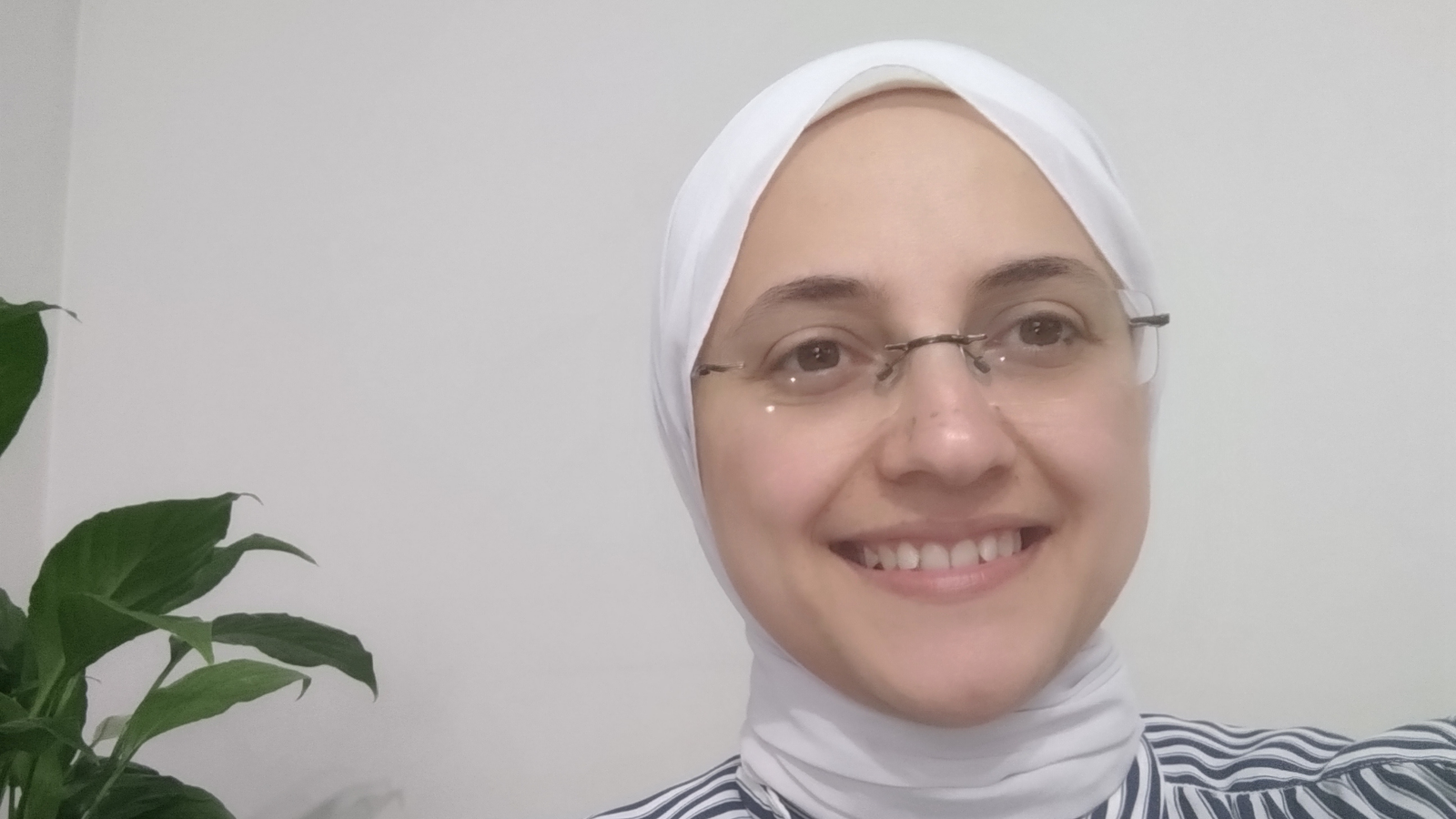
“I am hoping it will give them a moment of hope and happiness. I can smile in the morning because Wellington makes me smile, but I cry at night as the news in Palestine can’t make my tears stop,” says Rana, referring to the current Israel–Palestine conflict, which has seen more than 200 people killed in Gaza, including more than 60 children.
Rana says that while she lives here, her soul is there.
She received a doctoral scholarship from the University and came to Wellington with her three youngest children in December 2016, but her husband and two eldest children continue to live in the West Bank while her daughters pursue their undergraduate studies there.
Rana’s parents and brother were in New Zealand after migrating here 25 years ago and she was interested in doing her PhD nearer to them.
Shortly after she moved, her mother, Ibtisam, was diagnosed with pancreatic cancer, dying a few months later, with her last words to Rana: “I’m sure you can do it.”
Rana says that after this it felt more important than ever to make the most of her time.
She completed her first degree in computer science at An-Najah National University in the West Bank, but after having her five children decided to move into teaching. Her wish to learn and study stayed with her, though. “I was teaching full time at a primary school while completing my Master’s in Science Education. I then balanced teaching with lecturing in teacher education at Birzeit University in the West Bank, but knew I wanted to pursue my PhD.”
Rana decided to investigate students learning using digital devices in upper primary classrooms, identifying seven ways they do so.
“My research used complexity theory to study the classroom as a socially complex system. Most of the current research focuses on the effectiveness of using devices from a cause and effect perspective. My research used a holistic approach that focused on the interactions between different elements in classrooms—teachers, device, software—that shaped how the device was used.”
Rana was pleased to be supervised by Associate Professor Louise Starkey and Associate Professor Hiria McRae from Te Whānau O Ako Pai—Wellington Faculty of Education. She says she would walk into a supervision meeting feeling bad about her efforts and walk out feeling optimistic and motivated. They also supported her with publishing, attending conferences, and working with them on research projects.
Rana joined a thesis-writing bootcamp through the University’s Postgraduate Students’ Association, and later a less formal group of PhD students who gathered on weekends, sharing meals and writing. This became a great source of solidarity as the country went into lockdown due to COVID-19. “My friend and I were writing from 10 am to 6 pm on Zoom—write for two hours, break one hour, write for two hours. The social environment was very supportive.”
While studying her thesis, Rana attended courses through the University’s Te Taiako—Student Learning Centre. One, entitled ‘Excel on campus’, was about multicultural communication and helped her when she started working with Te Paewai—Wellington UniVentures, the University’s commercialisation arm. “They facilitated a programme, Khebrat, which provided professional development to teachers and principals from Saudi Arabia. My role was to provide two cohorts of visiting students with pastoral care.”
Khebrat is run all over the world. “My work included explaining New Zealand culture through activities and engagement, helping them to feel at home.” The students enjoyed taking part in pōwhiri and poroporoaki organised by the Faculty of Education and were excited to find similarities between Māori culture and their culture in Saudi Arabia. “By the end, they thought they were the luckiest group to have ended up in New Zealand, especially during the COVID-19 pandemic. They have returned to Saudi and encouraged their friends to study here.”
Rana now works for the University’s Wellington Uni-Professional as a learning designer, developing the digital learning experience for short courses and micro-credentials. “I’m using all my knowledge of digital technologies, learning and instructional design, and developing my expertise at the same time. I love working in such a positive life-long learning environment.
“I am grateful for every moment I spend here in Aotearoa, where I learn how the ‘pedagogy of the oppressed’ in my homeland can be challenged by collective efforts and giving teachers and learners the trust and agency to make the change.”
